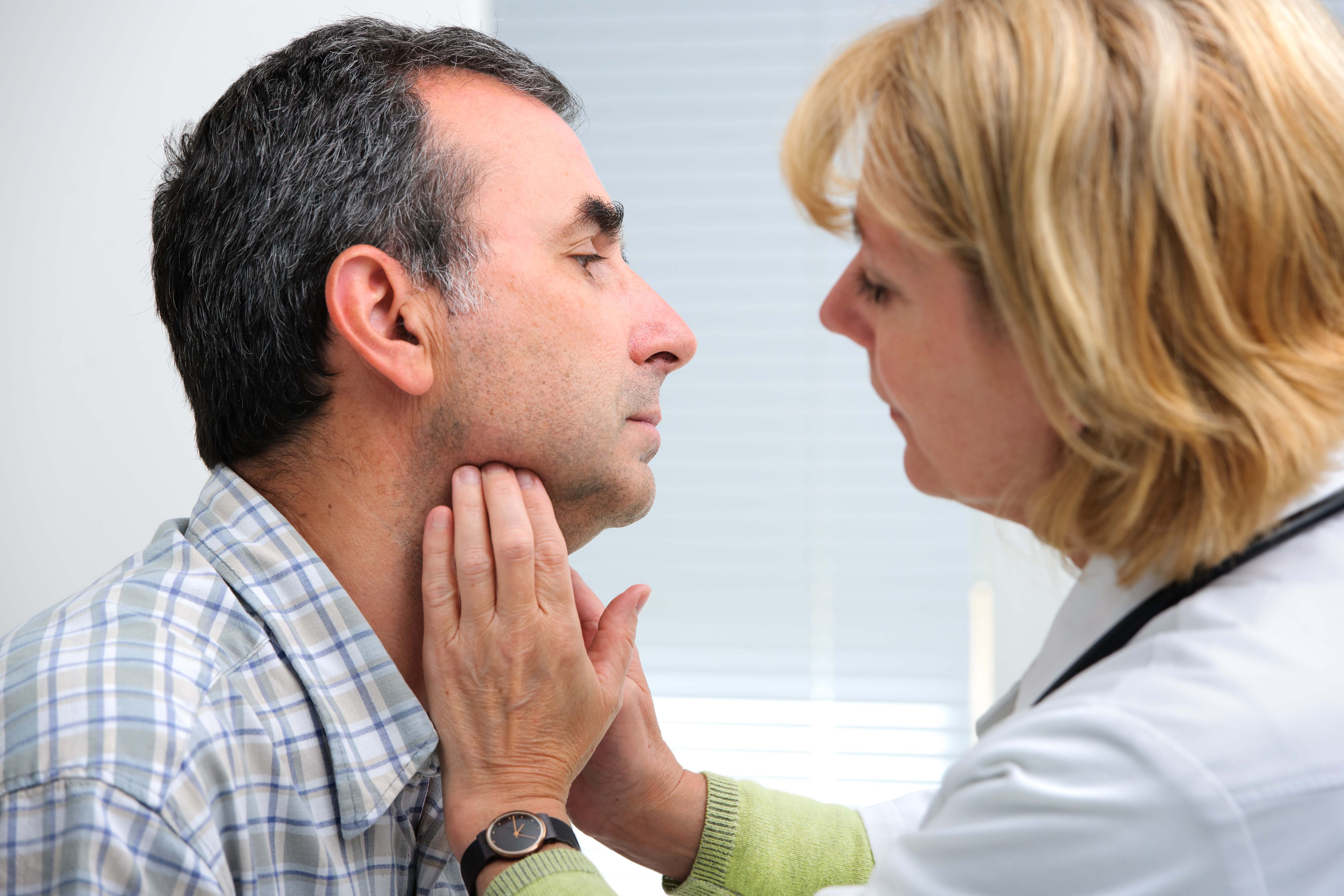Web Content Display (Global)
Know Where To Go
To save time and money and receive appropriate care, it's important to understand when to see your Primary Care Physician and when to visit an Urgent Care facility or an ER.
Web Content Display (Global)
Check out our NEW Symptom Checker
Entering all your symptoms into the Symptom Checker will allow you to research all the likely diagnoses in your own time, find the one that best fits with your symptoms, answer some questions about the symptoms you are having and get suggested results of where to go for treatment.
Web Content Display (Global)

Primary Care Physician
Start with your Primary Care Physician for non-life threatening conditions. They manage acute and chronic conditions and deliver more comprehensive patient care. They know your full medical history, including any underlying conditions.
Conditions treated include:
- Preventive Office Visit
- Cold/Flu Symptoms
- Diabetes Management
- Fever
- High Blood Pressure
- Minor Sprains
- Skin Rash
- Stomach Ache

Urgent Care
Turn to an Urgent Care facility after hours or when your Primary Care Physician is otherwise unavailable. They focus on treating acute illnesses and injuries that are non-life threatening.Conditions treated include:
- Bladder Infection
- Body Aches
- Ear Infection
- Excessive Vomiting
- Headache
- Minor Burns
- Pinkeye
- Sore Throat

Emergency Room
Go to the ER immediately for severe and life-threatening conditions. ERs are open 24/7/365 and are properly staffed for critical situations.Conditions treated include:
- Broken Bones
- Chest Pain
- Head/Neck Injury
- Loss of Consciousness
- Serious Burns
- Symptoms of Stroke
- Uncontrolled Bleeding
- Vomiting Blood